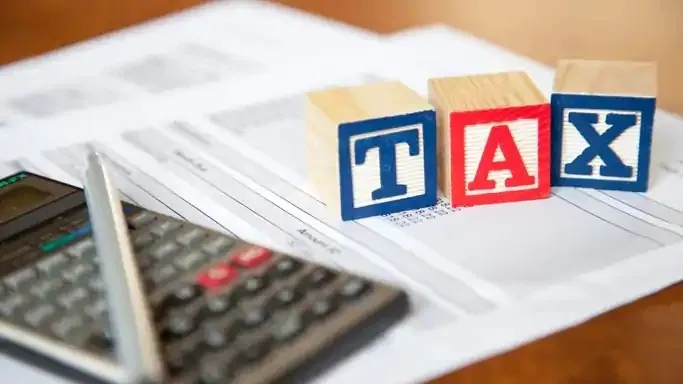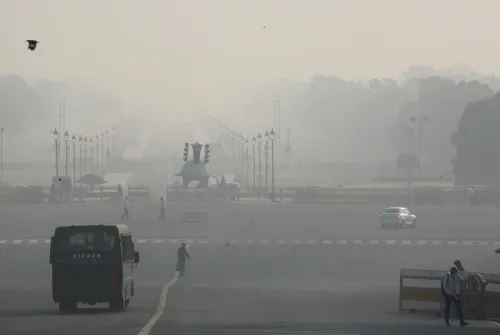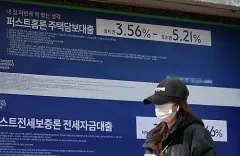Budget 2025-26: CII Calls on Government to Lower Income Tax and Fuel Excise Duties

New Delhi, Dec 29 (NationPress) The Confederation of Indian Industry (CII) has called on the Central government to lower income tax rates for individuals and reduce excise duties on fuels to enhance disposable incomes among consumers. This move is seen as a strategy to encourage spending, which in turn would stimulate economic growth.
As part of its recommendations ahead of the Union Budget 2025-26, the leading business organization emphasized that cutting excise duty on fuels is essential due to the significant role fuel prices play in driving inflation, which constitutes a considerable portion of the overall household expenditure.
The central excise duty currently accounts for approximately 21% of the retail price of petrol and 18% for diesel. Since May 2022, these duties have not been adjusted despite a nearly 40% drop in global crude oil prices. Reducing fuel excise duties could help lower overall inflation and increase disposable income, as stated by CII.
The organization also pointed out that there is a considerable gap between the highest marginal tax rate for individuals, which stands at 42.74%, and the standard Corporate Tax Rate of 25.17%. Additionally, inflation has diminished the purchasing power of lower- and middle-income groups. The Budget could potentially look into lowering marginal tax rates for personal incomes up to Rs 20 lakh annually, which could initiate a positive cycle of consumption, growth, and increased tax revenue.
CII has proposed raising the daily minimum wage under the MGNREGS from Rs 267 to Rs 375, as recommended by the 'Expert Committee on Fixing National Minimum Wage' in 2017. CII's research estimates that this would require an additional expenditure of Rs 42,000 crore.
Furthermore, the business chamber has advocated for an increase in the annual payout under the PM-KISAN scheme from Rs 6,000 to Rs 8,000. With an estimated 10 crore beneficiaries, this would necessitate an additional Rs 20,000 crore.
CII has also expressed support for increasing the unit costs under the PMAY-G and PMAY-U schemes, which have remained unchanged since their inception.
Additionally, the CII has proposed the introduction of consumption vouchers aimed at low-income groups to stimulate demand for specific goods and services over a designated period. These vouchers could be limited to certain items and have a validity period (like 6-8 months) to ensure spending. Beneficiaries could be defined as Jan-Dhan account holders who are not recipients of other welfare schemes.
Highlighting the decline in household savings, CII Director General Chandrajit Banerjee remarked that “low returns on bank deposits compared to equities and funds, along with a higher tax burden on interest income, have made bank savings less appealing.”
The proportion of bank deposits in a household's financial assets has decreased from 56.4% in FY20 to 45.2% in FY24. To encourage the growth of bank deposits, CII has suggested taxing interest income from deposits at a lower rate and shortening the lock-in period for fixed deposits with preferential tax treatment from the current five years to three years, which could help boost bank deposits.
“Domestic consumption has been integral to India’s growth narrative, but inflationary pressures have diminished consumer purchasing power. Government interventions should aim to enhance disposable incomes and encourage spending to maintain economic momentum,” Banerjee added.









